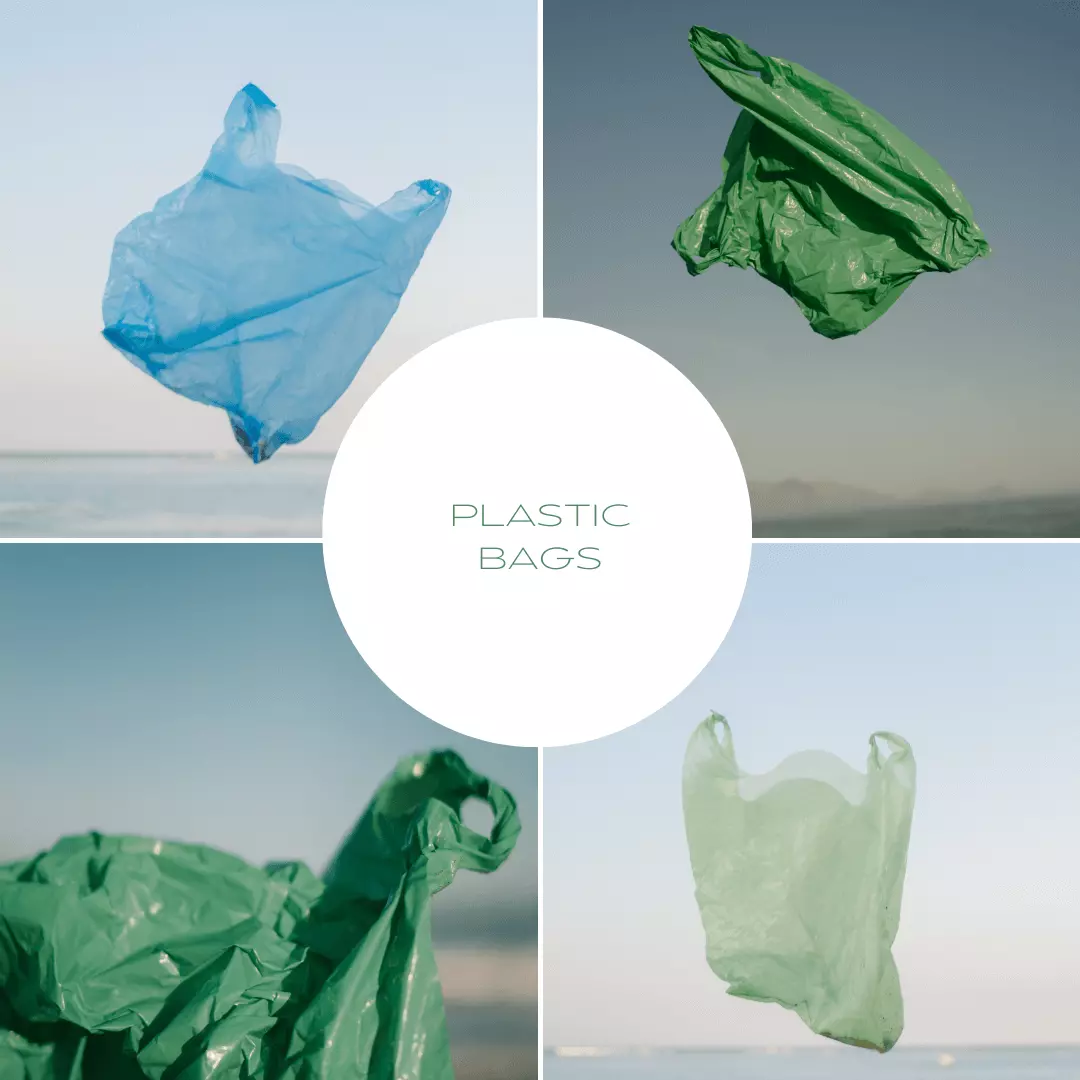Disposable plastic bags – it might seem like a big convenience. But is it really?
It turns out that the life cycle of a plastic bag has a tremendous amount of poisonous effects on human health.
Starting the cycle with the extraction and transportation of fossil raw materials, like oil:
“The fossil raw materials used to make plastics release a number of toxic substances into the air and water, including
including those known to cause health problems such as cancer, neurotoxicity, reproductive and developmental toxicity
reproductive and developmental toxicity, and damage to the immune system.”
In the waste and “processing” stage of plastics – like incineration toxic substances including heavy metals: mercury, lead or acid gases can be released.
“Waste and microbeads of plastic can directly enter the human body
and cause a range of negative health effects, including inflammation, genotoxicity,
oxidative stress, apoptosis and necrosis.”
How then can I make a difference?
First of all, let’s not take plastic bags in stores – we can put fruits and vegetables in the cart in bulk, or use special cloth bags that are designed for this purpose.
Paper bags are another option.
An important aspect is to broaden the awareness of others and pass on knowledge about plastic.
Source: The Environmental Impact of Plastic Grocery Bags. Thompson, R. C., et al.


